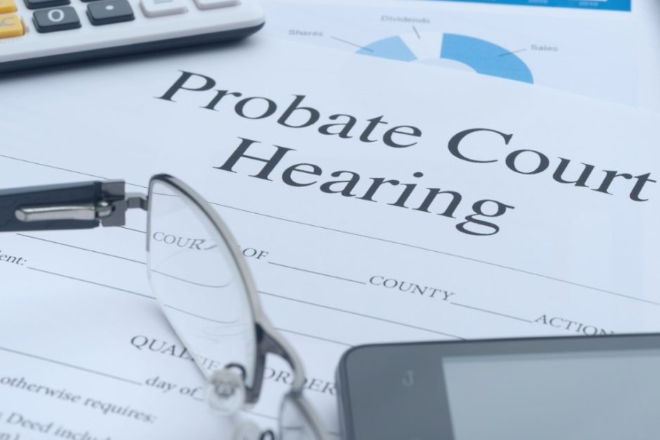
Avoiding Probate
With a Transfer-on-Death Deed
If you want to leave your home to your children or other heirs and keep the property out of the costly and time-consuming probate process, you could place your home in a living trust. Trusts offer numerous advantages, but they incur up-front costs, often have ongoing administrative fees, and involve a complex web of tax rules and regulations.
More than half of U.S. states now offer a simpler and less expensive way to avoid probate: a transfer-on-death (TOD) deed (also called a beneficiary deed). As the name suggests, this is a legal document that directly transfers ownership of the property from you to your designated beneficiaries upon your death. You retain full ownership and control while you are alive, and your beneficiaries have no rights to the property until after your death. (Beneficiaries also inherit any associated financial obligations, such as a mortgage or lien.)
The TOD deed is filed with the appropriate land office, so it cannot be lost or misplaced. The deed would supersede your will, so be sure the provisions of your will match the deed. If you change your mind, the deed can be revoked and/or replaced through a new filing.
As with all beneficiary documents, you should designate contingent beneficiaries in the event that …
To Read the Entire Article, Please Click Here.
Craig Siminski is a CERTIFIED FINANCIAL PLANNER™ professional, with more than 21 years of experience. His goal is to provide families, business owners, and their employees with assistance in building their financial freedom.

Please let Craig know that the Green Bay News Network Sent You!

